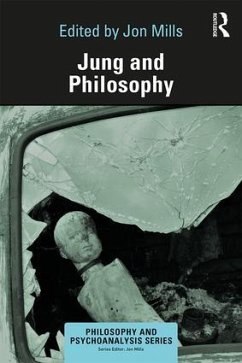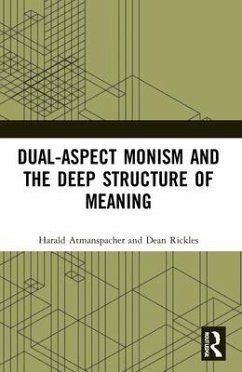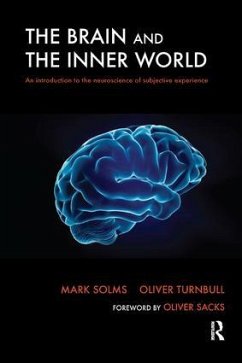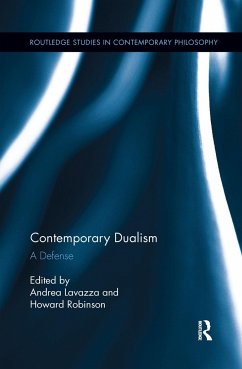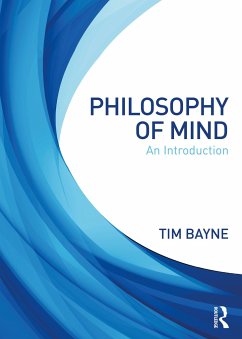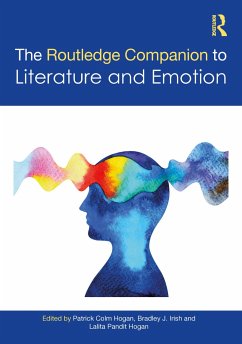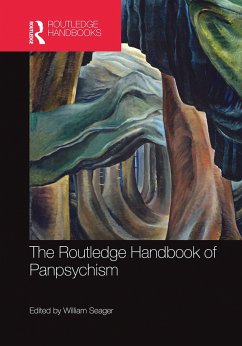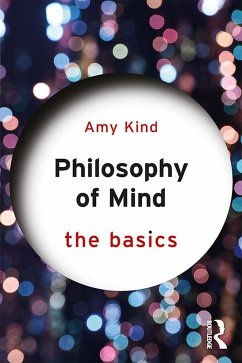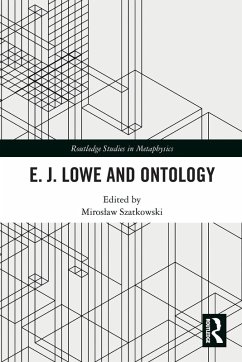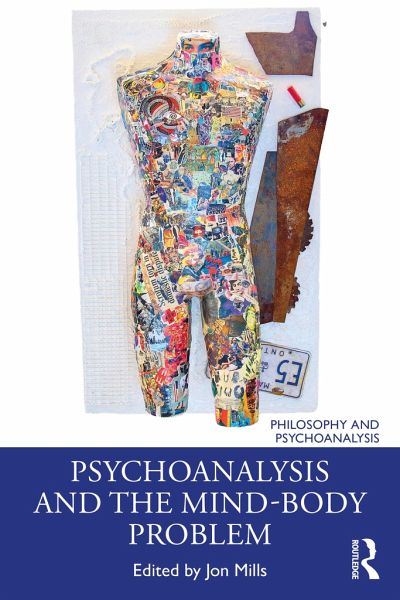
Psychoanalysis and the Mind-Body Problem
Versandkostenfrei!
Versandfertig in 6-10 Tagen
36,99 €
inkl. MwSt.
Weitere Ausgaben:

PAYBACK Punkte
18 °P sammeln!
Winner of the 2022 NAAP Gradiva Award for Best Edited BookIn this volume, internationally acclaimed psychoanalysts, philosophers, and scholars of humanities examine the mind-body problem and provide differing analyses on the nature of mind, unconscious structure, mental properties, qualia, and the contours of consciousness.Given that disciplines from the humanities and the social sciences to neuroscience cannot agree upon the nature of consciousness-from what constitutes psychic reality to mental properties, psychoanalysis has a unique perspective that is largely ignored by mainstream paradigm...
Winner of the 2022 NAAP Gradiva Award for Best Edited Book
In this volume, internationally acclaimed psychoanalysts, philosophers, and scholars of humanities examine the mind-body problem and provide differing analyses on the nature of mind, unconscious structure, mental properties, qualia, and the contours of consciousness.
Given that disciplines from the humanities and the social sciences to neuroscience cannot agree upon the nature of consciousness-from what constitutes psychic reality to mental properties, psychoanalysis has a unique perspective that is largely ignored by mainstream paradigms. This book provides a comprehensive exploration of the mind-body problem in various psychoanalytic schools of thought, including philosophical and metapsychological points of view.
Psychoanalysis and the Mind-Body Problem will be of interest to psychoanalysts, philosophers, neuroscientists, evolutionary biologists, academics, and those generally interested in thehumanities, cognitive science, and the philosophy of mind.
In this volume, internationally acclaimed psychoanalysts, philosophers, and scholars of humanities examine the mind-body problem and provide differing analyses on the nature of mind, unconscious structure, mental properties, qualia, and the contours of consciousness.
Given that disciplines from the humanities and the social sciences to neuroscience cannot agree upon the nature of consciousness-from what constitutes psychic reality to mental properties, psychoanalysis has a unique perspective that is largely ignored by mainstream paradigms. This book provides a comprehensive exploration of the mind-body problem in various psychoanalytic schools of thought, including philosophical and metapsychological points of view.
Psychoanalysis and the Mind-Body Problem will be of interest to psychoanalysts, philosophers, neuroscientists, evolutionary biologists, academics, and those generally interested in thehumanities, cognitive science, and the philosophy of mind.





